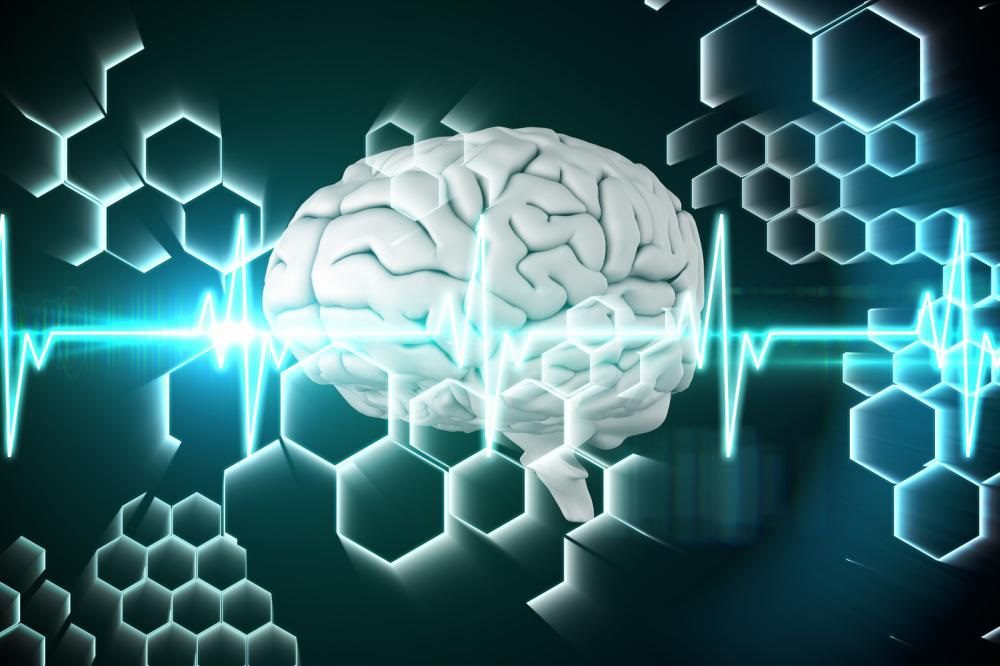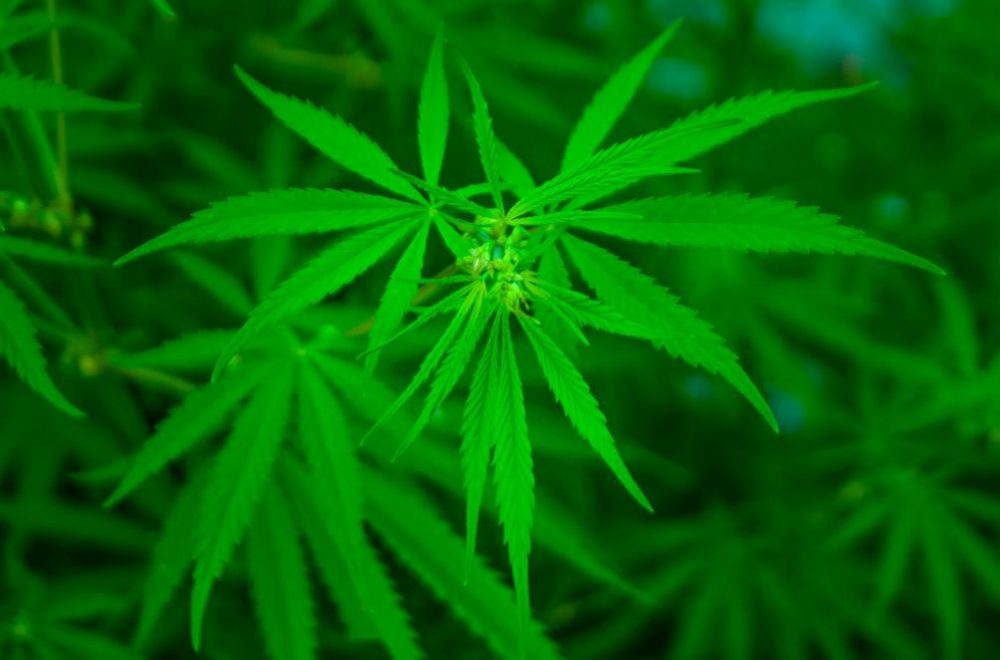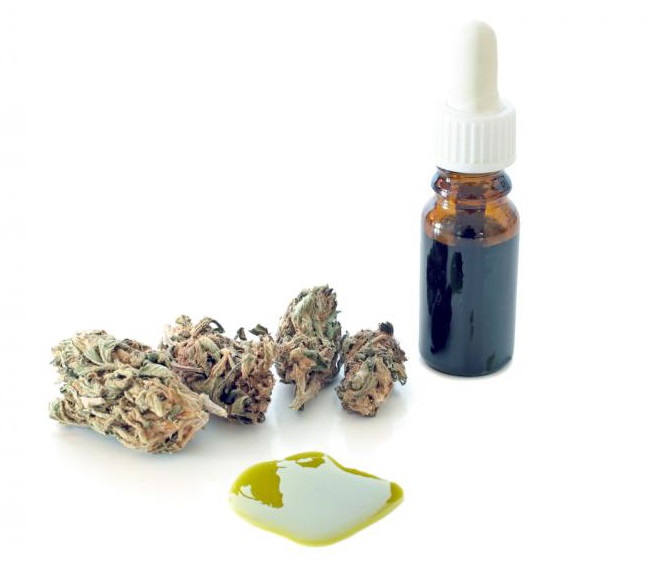Educational
CBD vs. THC – What’s the Difference?
CBD vs. THC – Wondering what the difference is?
With the legalization of Cannabis, its demand is rapidly growing. As the influx of cannabis-related products is increasing, people are becoming more and more curious to know the difference between CBD and THC.
A lot of people believe these two compounds to be similar because both are coming from the same origin. However, if we dig down a bit deeper, we will realize that this isn’t the case.
CBD vs. THC – An Overview
Both CBD (Cannabidiol) and THC (Tetrahydrocannabinol) belong to the class of cannabinoids that are the active compounds present inside the cannabis plant. Among more than 80 cannabinoids found in different varieties of Cannabis plant, CBD and THC are the most abundant.
Even though both of these cannabinoids have the exact same chemical makeup, that is, 21 carbon atoms, 20 hydrogen atoms, and 2 oxygen atoms, yet they produce very different effects on the human body. The difference between CBD and THC lies in the different arrangement of atoms. This microscopic difference results in completely different character and properties.
CBD and THC are extracted from the cannabis plant. However, there’s a wide variation between different cannabis species when it comes to the concentration of THC and CBD. For example, hemp is rich in CBD and contains only traces of THC. Whereas marijuana has higher levels of THC compared to its low CBD content.

Difference between How CBD and THC Interact with the Body
Cannabinoids act on specific receptors present in the endocannabinoid system (ECS) of the body. Owing to their difference in the atomic arrangement, THC and CBD differ in the way they interact with the receptors. This is why THC produces intoxicating effects and gives you the infamous “high” while CBD is nonintoxicating.
THC directly binds to the CB1 receptors of the ECS and activates them. These receptors are mainly found in the brain and central nervous system. This activation is the reason behind the euphoric effects of THC, whereas CBD interacts differently with the CB1 receptors. It doesn’t bind directly and produces partial activation. Hence, it does not cause any intoxicating effects.
Due to this formation of a weaker bond with CB1 receptors, CBD can counteract or dampen the psychoactive effects of THC when taken together. Moreover, CBD makes CB1 receptors more responsive to the naturally present endocannabinoids in the body. This explains its medical benefits.
One other interesting aspect of the science behind cannabinoids is the “entourage effect”. According to this, cannabinoids are more effective as medicinal agents when they’re taken together rather than as isolated preparations. This is why health experts recommend using full spectrum cannabis products containing a range of cannabinoids and terpenes.
CBD vs. THC – Medical Benefits
CBD and THC both show tremendous medical potential. Therefore, the medical industry is taking a lot of interest in these compounds. However, the two differ in their medical applications.
Medicinal Uses of CBD
1. Epilepsy
CBD shows anti-seizure activity, which has made it a new treatment alternative for epilepsy. In fact, the FDA has approved the first ever pharmaceutical preparation of CBD sold under the brand name of Epidiolex. It’s used for the treatment of certain forms of epilepsy known as the Dravet syndrome and Lennox-Gastaut syndrome.
2. Pain Relief
CBD is effective in managing many painful conditions such as neuropathic pains, arthritis, multiple sclerosis, and pain related to injuries. This is due to its strong anti-inflammatory and analgesic properties.
3. Anti Anxiety
CBD works on the endocannabinoid system to reduce anxiety and stress, unlike THC which can worsen these conditions. It’s effective for people suffering from chronic anxiety, stress, and sleep disorders. Thus it has a calming effect. It also promotes better sleep.
4. Alzheimer’s Disease
Neurological conditions such as Alzheimer’s disease are often associated with loss of cognitive functioning and side effects like a reduced sense of recognition. CBD has been shown to help with these cognitive issues.
5. Counter Opioid Withdrawal
Recent studies have shown the therapeutic potential of CBD in the treatment of opioid addiction. CBD may help in countering the withdrawal symptoms and reducing the chances of a relapse.
Medicinal Uses of THC
1. Glaucoma
THC is very effective in lowering intraocular pressure. Therefore, it is one of the therapeutic options for the treatment of glaucoma and macular degeneration. It’s especially beneficial for late stage glaucoma patients.
2. Treatment of Cancer
THC is proven to reduce tumor growth and promote cancer cell death in certain cancers. Moreover, THC can improve appetite and cause improved food enjoyment in patients undergoing chemotherapy.
3. Nausea Relief
THC has also been shown to help relieve nausea and vomiting. It’s especially useful for controlling chemotherapy-induced nausea and vomiting.

CBD vs. THC – The Side Effects
There’s not much data available on the side effects of CBD. Therefore, it’s said to be safe and nonpsychoactive until any further research is carried out.
On the flipside, THC has been studied more extensively and is found to have quite a few side effects. Because of its psychoactive properties, it increases your susceptibility to psychosis, known as cannabis-induced psychosis.
THC can also lower blood pressure by dilating blood vessels. As a result, the heart rate increases to compensate for the low blood pressure.
Other side effects of THC include dry mouth, red eyes, slow reaction times, poor coordination, and memory loss.
What’s the Best CBD:THC Ratio?
Figuring out which CBD:THC ratio works best depends entirely on your health needs, tolerance levels, and personal preference. Generally, a 1:1 ratio will reduce the euphoric effects of THC. Whereas a 2:1 ratio will completely cancel out the intoxication linked with THC.
Determining the correct ratio for a specific health condition typically requires some trial and error to closely adjust the dosage and route of administration to get the best results.
To Sum Up
When it comes to CBD vs. THC, the ratio and dosage matter. Getting a better understanding of the difference between CBD and THC can help you get the best benefits, be it medical or recreational.
Visit Budget Greens to get the best quality cannabis strains having different CBD to THC ratios.


